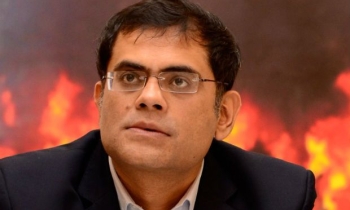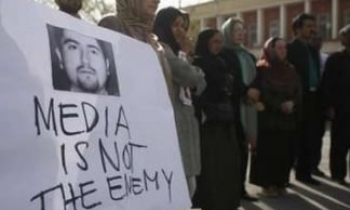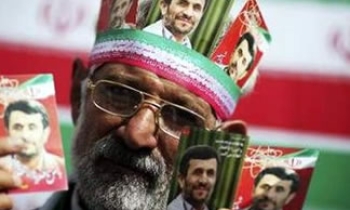In a last-minute change of heart, European Union officials have put their support behind proposals to wrest control of the Internet from the world’s last superpower, the USA.
The US elected to reject the proposed changes during a meeting last Friday.
The event transpired during preparatory talks for the second phase of the World Summit on the Information Society (WSIS). Its effect will be to postpone any agreements on the contentious issue of Internet governance to another round of discussions in November.
Government officials have been meeting in Geneva since September 19 but have so far failed to reach a consensus on Internet governance, according to a spokeswoman for the International Telecommunication Union (ITU), an arm of the United Nations (UN), which is hosting the Internet event.
Internet governance is a prickly issue that split delegates attending the first WSIS in Geneva nearly two years ago and forced UN Secretary-General Kofi Annan to establish a separate task forces to study it.
International controls for international medium
In an unexpected move late Wednesday, the EU split with the US by calling for the creation of a new "forum" and a new "model of international cooperation," which could radically change if not completely override ICANN (Internet Corporation for Assigned Names and Numbers), the US-led group that currently manages crucial Internet infrastructure such as domain names, root servers and IP (Internet Protocol) addresses.
Previously, the EU agreed with the US to support the status quo, which essentially meant keeping ICANN as the body in charge of managing the Internet. Now the European government body is joining most other countries in demanding a global body to take over Internet supervision.
The proposal calls for a new forum to address policy issues at a global level but not to perform oversight tasks, and also for a new cooperation model to manage global allocation of IP number blocks, procedures for changing the root file system and rules for the DNS (domain name system), among other things.
US claims its �historic role’
The proposal also calls for the role of government in the new cooperation model to be "mainly focused on principle issues of public policy, excluding any involvement in the day-to-day operations" and for the new model to build on "existing mechanisms or institutions" rather them replace them.
"US delegates really didn't expect this move," said ITU spokeswoman Sarah Parkes. "They responded with a terse, handwritten note."
The note, a copy of which IDG News Service has obtained, says that the US is committed to take no action that would "adversely impact the security or stability" of the DNS and will maintain its "historic role" in authorizing changes to the root zone file.
International ’Hands-off’ governance
In an attempt to diffuse the growing spat, Martin Selmayr, spokesman for EU Information Society Commissioner Viviane Reding, said Friday in Brussels that there is no change in the EU's position, which was adopted in a June telecom council with ministers and presented in Geneva this week as part of preparations for the WSIS summit in Tunis.
"We are looking for a new cooperation model which allows Internet governance on the basis of cooperation with all governments and stakeholders because the Internet is a global infrastructure," he said.
In response to a question about how likely it is to reach a consensus on Internet governance at the summit, Selmayr said the European Commission doesn't view the positions as being that far apart and even though a consensus will not be reached at the meetings in Geneva, that doesn't mean there won't be one in November.
"We have things in common with the US," Selmayr said. "We think it's not for governments to control the Internet. We need more involvement of the private sector and the current workings of ICANN are very efficient but we need a new model of international cooperation."
The US wants to maintain the status quo. Talks ended inconclusively on Friday, with US ambassador David Gross saying: "We will not agree to the UN taking over the management of the Internet. Some countries want that. We think that's unacceptable."









